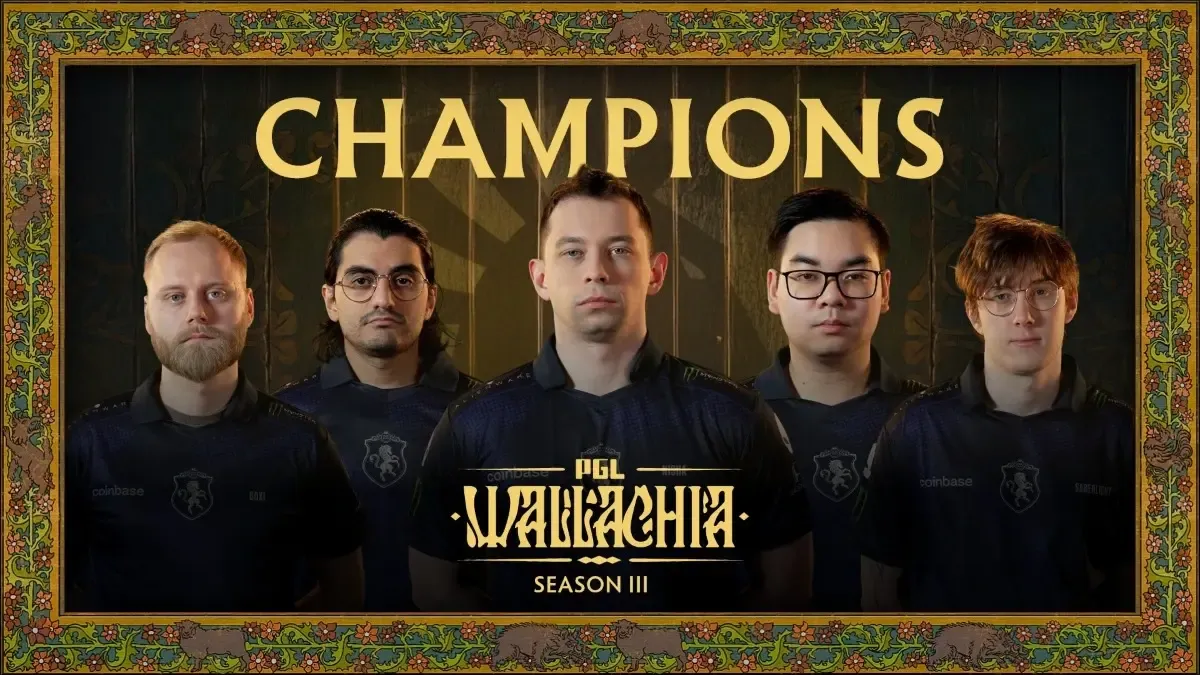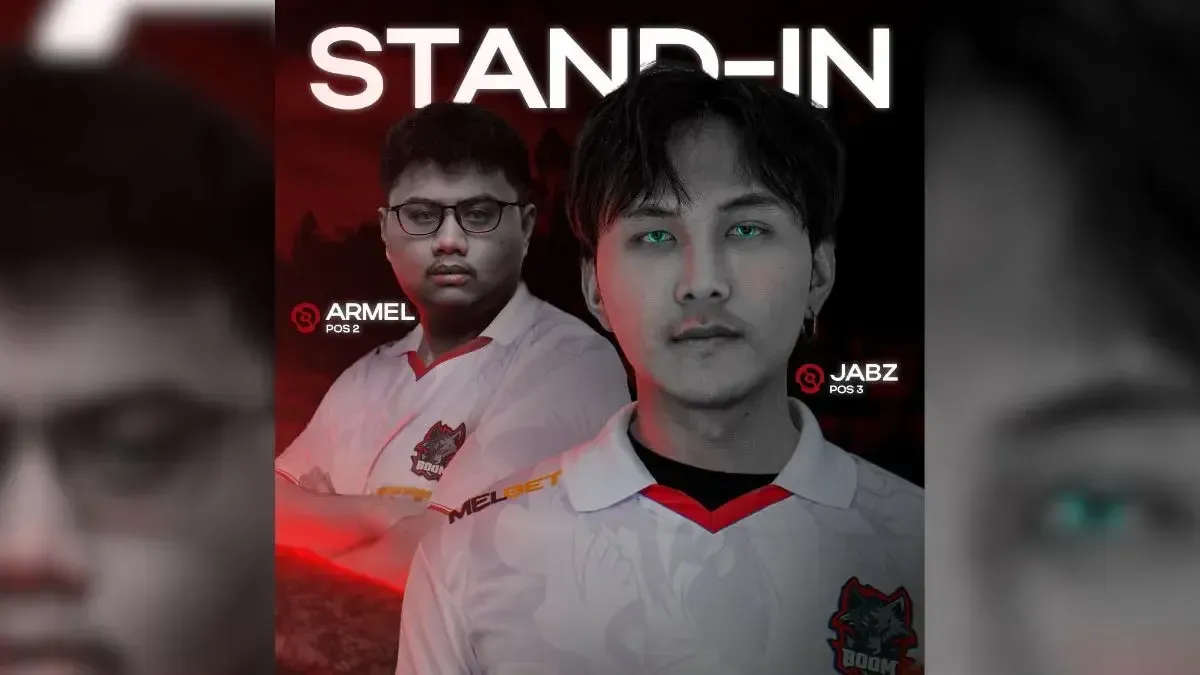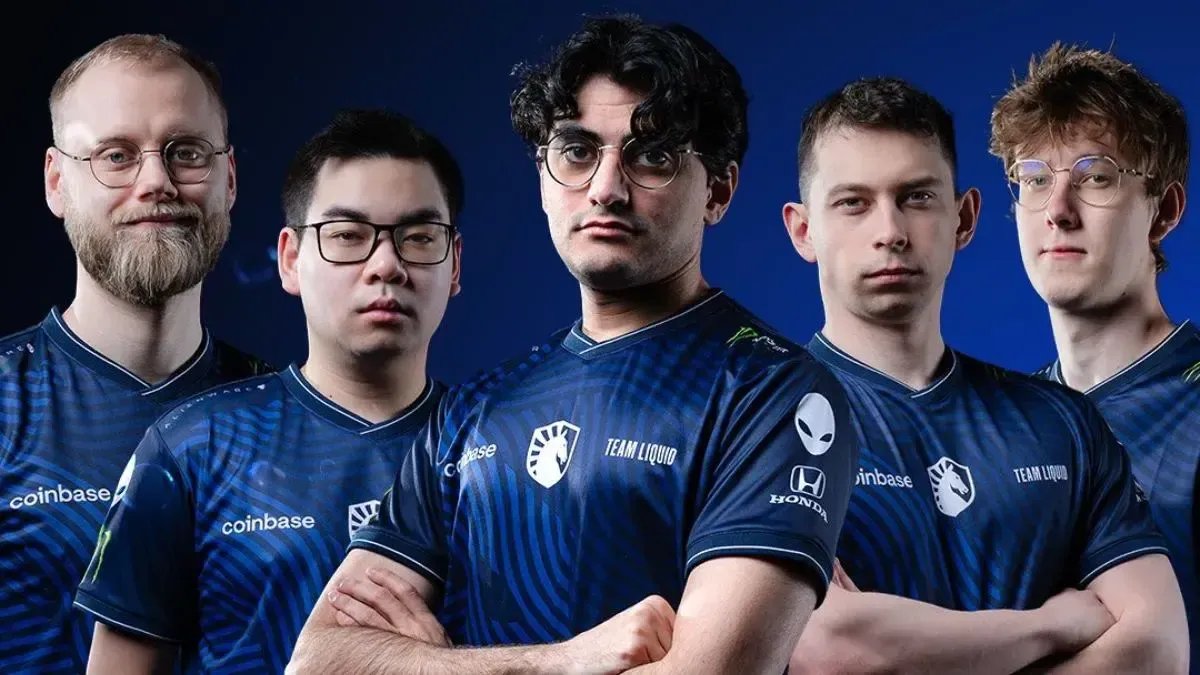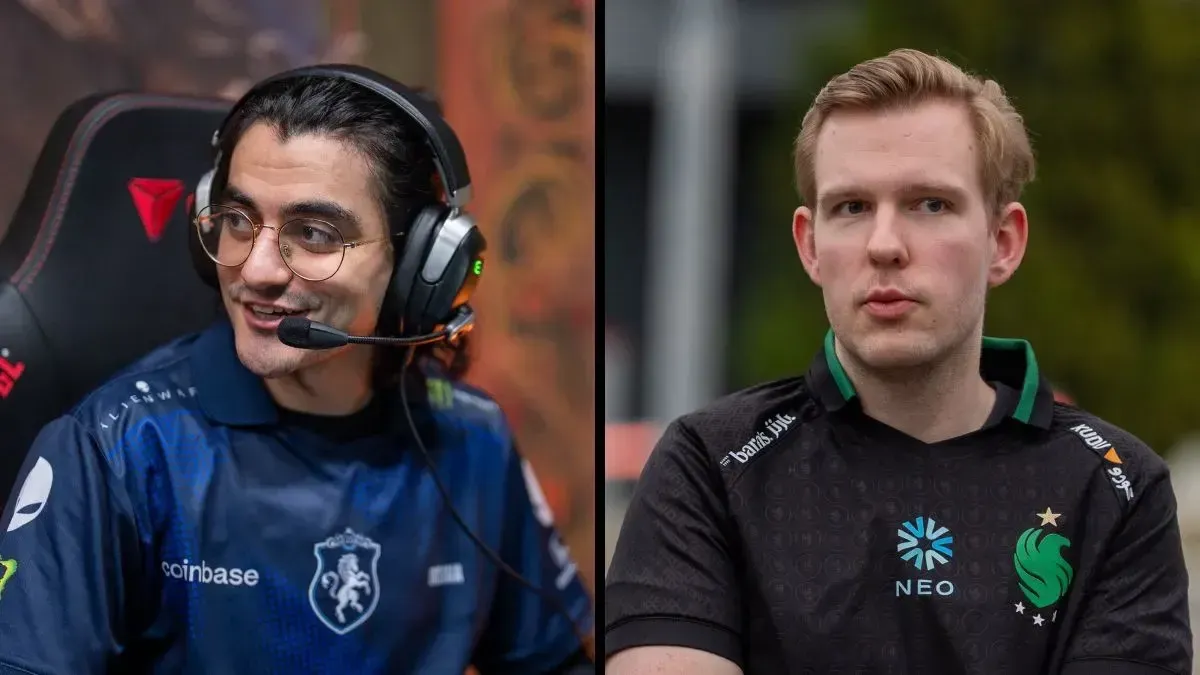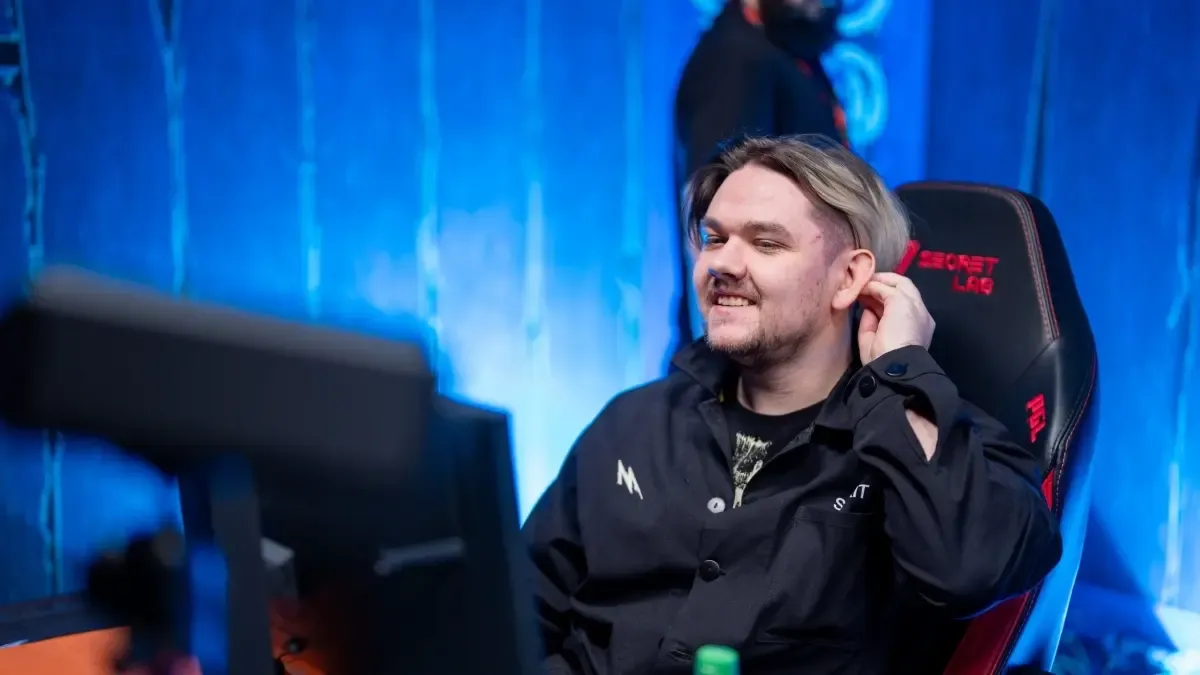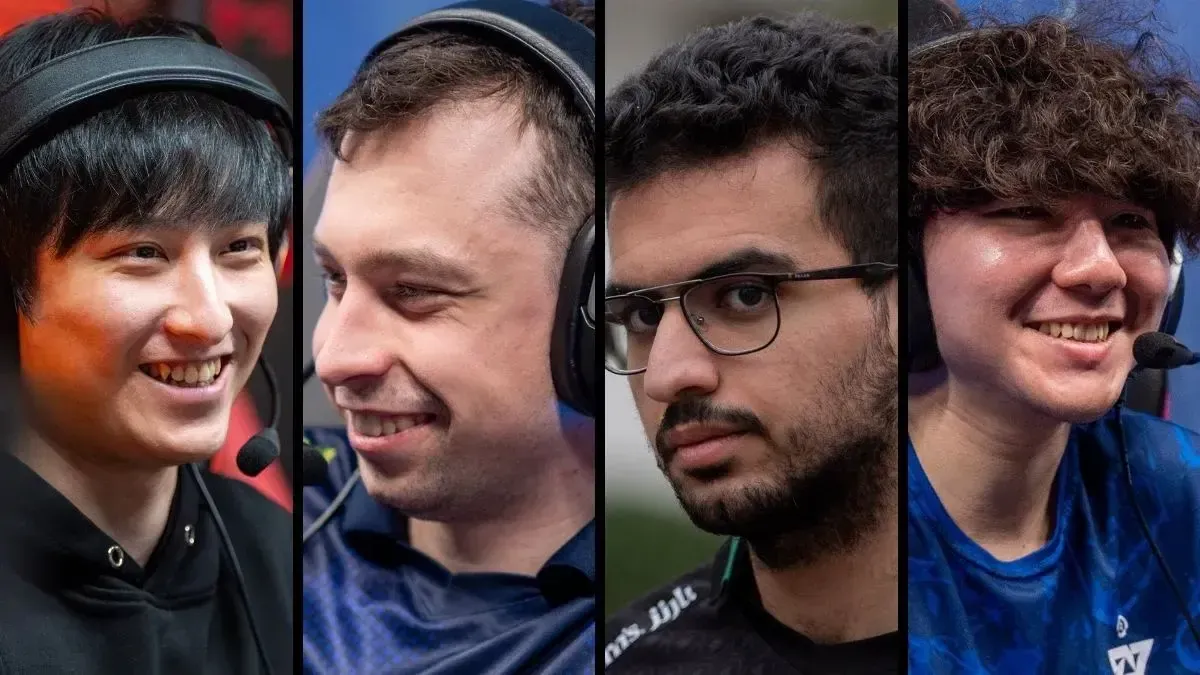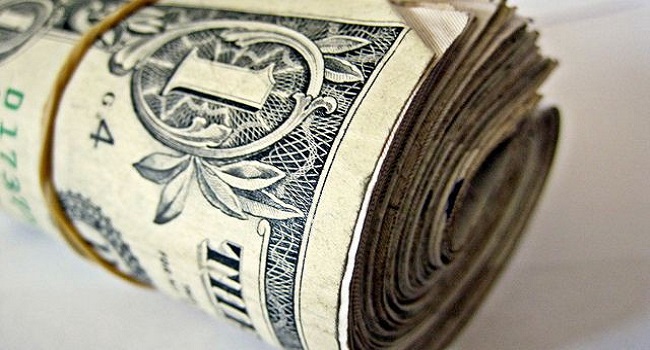
Dota 2 has not faced the same level of attention, or had to deal with the same degree of dishonesty as example - CounterStrike, but it's by no means free of this tragedy. In the last few years there have been several incidents of match fixing reported within Dota 2.
The most prominent in recent times has been the controversy stirred up by the Ewolves vs Infamous incident in the ProDota Americas Cup 3 in February 2016. Following the episode, and without a single word uttered - Freddy “SmAsH” Sina, Ricardo “mstco” Román and Jesus “Ztok” Carhuaricra were deemed ‘ineligible’ for Valve team registrations in March 2016. As the players and their teams attempted to register with only four days remaining before the roster lock deadline the situation came to light when Ztok had attempted to enlist as a member of Team Archon. In a flurry of rumors, questions and speculation that followed, an email leaked by Kyle “swindlemelonzz” Freedman proved Valve had sent the affected players notification of their status on March 23rd - only a day prior.
The photo of the communication contains one sentence
At that time Ztok had stated in a personal communication with this writer that he had been hoping to be able to return back to competitive play - believing that the ban was only temporary since he was not given an opportunity to appeal the decision. That was one year ago and Valve has not communicated since with the player. Currently, Ztok functions as a coach and plays competitive for national events when he can such as WESG - a far cry from the professional career he aspired to and was already within his reach.
Despite the abundance of attention at the time and severe punishment, two more cases have been opened up and exposed in just the last month.
At the end of March in an event called Dota 2 Ice, one user had bet $ 14,100 worth of in-game items for the first ten kills in the match between Sweet Boys and Evil Corporation. The suspicious activity on the betting paired with evidence of inconsistent and bizarre in-game behavior alerted casters and Elements Pro Gaming manager Ivan “Just” Belov. If that wasn’t enough to raise questions, it also came to light that one player for Sweet Boys, "White Pippo", was also an admin of the event - information that was immediately reported to Valve.
On April 5th Mineski.net revealed that Execration player Fernando "Nando" Mendoza’s Facebook had been hacked, exposing several players to allegations of match-fixing. The information was brought to light through various leaked conversations and an investigation into the matter is still currently underway to determine the extent and validity of the allegations. Valve continues to remain publicly silent.
The continuation of this problem begs the questions:
-
Why are players taking such risks, what are the incentives?
-
What are the ramifications and consequences on the scene and careers?
-
How does the lack of transparency and communication impact the incidents of match fixing?
Incentives vs. Risk
Incentives and Motivation
There are many rewards or incentives for players to make the decision to fix a match. While in most cases the money or monetary payoff is the leading reason, there are also cases involving pressure from others, social reasons or to gain advantages or different standing or set of opponents in the brackets. It is worth noting too, that at times this is through organised crime, and those who organise it are not above using violence as a threat, or even a punishment if they don’t get their own way. Most often it’s directly related to gambling or a financial incentive. Given the growth of online betting and various gambling platforms this becomes much easier and a much more accessible means for quick or “big” money.
Financial vulnerability is one incentive for participating in match fixing. It can include low economic status, needing quick money to pay off another gambling debt, little to no salary income or not being paid on time, or lack of outside income to offset costs associated with competitive play. One verified source has disclosed that several organizations in South America even charge players rent to live in the team house. Many times, the small tournaments skip out on payments to the players and teams and many aspiring lower tiered teams go with little or no salary while trying to secure elusive sponsors.
It is also worth noting that more vulnerable players at the lower level have less to lose, and more to gain from this action. To use a sporting analogy, Leo Messi would lose hundred of millions if he were banned for cheating, and no match fixer could offer him even close to that sum as an incentive. On the flip side, to a player earning a hundred dollars a month from playing at a low level, a one-off payment of a couple of thousand seems generous, and still leaves those setting up the deal with a healthy profit margin.
Psychological vulnerability is another reason that some end up falling victim to match fixing, and far from uncommon in eSports. It includes the perception of not being valued enough in the community, frustrations of not having the same opportunities afforded to others, and a perceived or real inequality of pay across the regions. Players can be pressured by peers or even others in their circle or outside of it. Considering the age of many esports players and aspiring professionals, it isn’t out of the question to even look at some being uneducated or immature and thereby much easier to be manipulated and persuaded by someone else.
Risk
Any time there are less systems in place to protect against cheating and less oversight there will always be people that will take advantage or exploit others. In the case of Dota 2 Valve has often taken a very hands off approach. That leaves no governing body to monitor things and admins of many tournaments are volunteers or paid with low wages, so matches and betting sites are scrutinized far less.
As there is an insufficient amount of attention being paid to the matches, the results are minimal consequences for those that are suspected or caught, and lower chances of discovery. The chances of actually being caught may appear to be low based on the number of highly publicized reports or attention, and the consequences have generally seemed to be minimal as well - until only about a year ago, and even then the issue remains obscured by lack of communication and prominence.
Historically in Dota 2 there have been little to no consequences for match-fixing or other forms of cheating.
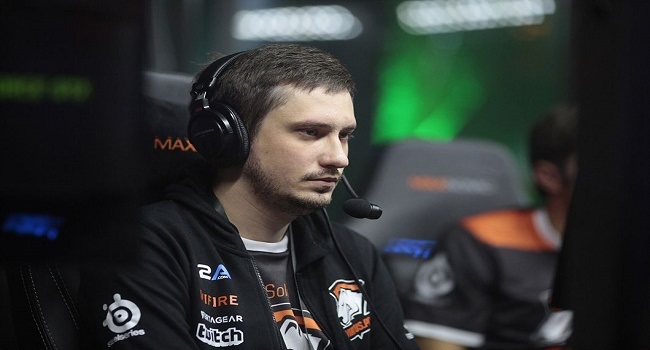
In the case of the infamous “322” incident?—?Alexey “Solo” Berezin, playing for RoxKis at the time, admitted to his part in a match-fixing incident in 2013 when he bet against his own team, winning $322 as a result. Solo received a lifetime ban from StarLadder, which was later reduced to one year. He has since been playing for various professional teams without any limitations on his or his team’s participation.
The Prodota Cup 3 was not the first time that Jesus “Ztok” Carhuaricra and Alexis “Greedy” Ventura had been involved in a cheating scandal. In February 2015, The Peruvian Dota 2 team Union Gaming was disqualified from the Dota 2 Canada Cup Season 4 for “stream sniping”, during the quarter finals match versus Fire. That was the extent of the punishment.
Union Gaming roster was also in hot water earlier last year, when the Peruvians un-paused without the opponent’s permission and were able to draw first blood during the grand finals of Dota Regions Season 2. The tournament’s administrators cut 25% off their prize earning and banned them from future participation in their competitions. Once again, the extent of the consequences was limited to one event.
It took a year for Valve to ban the players from Team Redemption and Arrow Gaming from any Valve sponsored event for the match-fixing scandal, involving players, their girlfriends, the organization, false statements and bribes that took place in 2014 . March 2015 marked the first time Valve issued a lifetime ban to a Dota 2 player, team or organization from their events.
Ramifications and consequences on the scene and careers
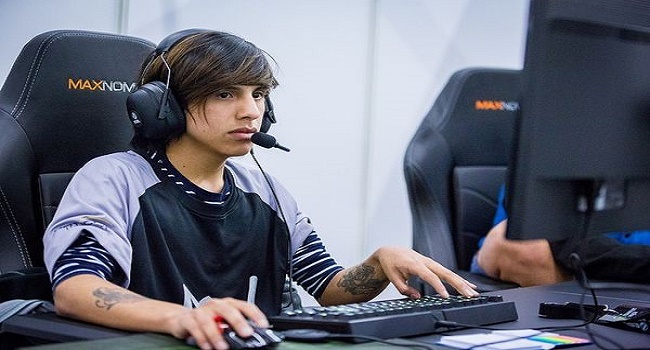
Ztok at Frankfurt Major courtesy of ESL
For those aspiring players that have made immature or poor emotional choices that led them to being involved, their integrity, their credibility, reputations and future are on the line. Even without receiving a lifetime ban, a stigma becomes attached that is impossible to shake off. Any poor performance will be questioned and fingers pointed. Any interested team or sponsor will think twice out of fear of tainting their reputations. And of course, a lifetime ban from Valve can be a death sentence for any player now with roster locks and the Majors. No team will be able to accept or play with them no matter how skilled they are since they can not participate in the four major events of the year.
Match fixing and other similar issues hit the integrity of the game. Fans tune in to see games of a certain caliber and level of competition. Not only is the entertainment value at stake, so is the trust in the integrity from the other players competing. Likewise sports and events that have had to deal with these issues in the past have seen a reduction of viewer interest in the long term, meaning less money in the scene, and a duller future for the upcoming stars.
What a professional or semi professional player does is often imitated by those in pub games, amateur leagues and minor level competitions. If on any level, this type of conduct became acceptable or normal, the entire balance of the game would be at stake on every level. It therefore then not only affects the competitive nature and standards but the entertainment and leisure components for even the casual gamer and viewer.
Transparency and Communication
Last year Valve stepped in to take some action against match fixing?—?something that was desperately needed. Unfortunately, the process and results have both been poorly communicated and with dire consequences.
SouthEast Asia region was dealt a devastating blow from lack of transparency and communication.
During the eve of the first day of the Shanghai Major SEA Regional qualifiers in January, MineskiX and Execration found themselves in a tight spot. MineskiX had just secured a place in the regional event after winning the open qualifiers and Team Execration were directly invited to the event by Valve. However, they were both informed the day before that they each needed to replace one of their players in order to keep their spots and compete.
According to Mineski.Net VALVE had sent organizers in SEA region a “list of players banned from participating in the majors due to them being implicated in similar scandals.” The letter was sent only a day prior to the event.
In addition, after winning several rounds of the Shanghai Major SEA Open Qualifiers, Team Redemption was disqualified due to circumventing their ban by registering under the name TR on FaceIT’s platform.
As mentioned earlier, NA/SA players and teams were only notified in the witching hour before registration for the Manila Major. Teams had already been formed, plans made and practice started. The information that blindsided them threw a monkey wrench in team rosters and left them scrambling for alternatives.
Next Steps
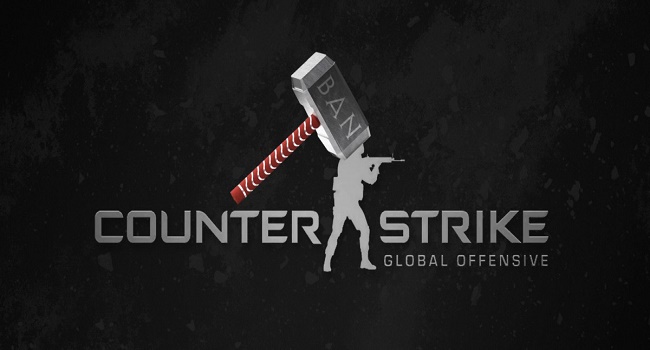
Photo courtesy of gamerassaultweekly
Although it had been rumored that Valve would be issuing a statement in regards to the teams and players affected as of today in April 2017, that statement still has not been released.
In 2016 Valve took a firm public stance against match fixing in CS:GO incidents. While they had taken immediate action when the iBUYPOWER incidents were brought to their attention one year prior, the software development company clarified that the bans were permanent. At that time it appeared that Valve has begun to take steps to address the growing issues regarding fair play and sportsmanship. However, many assume the same applies to Dota 2, nothing has been ever publicized on the matter.
One can only hope that within the statement, if ever provided, will be a section regarding some exceptions and accommodations for the teams that are affected by this as well as steps to prevent this from happening the future.
It would be in the best interest of the game, the players, the fans and Valve to implement a system and process to both address the issue and communicate it appropriately. Guidelines, educations, surveillance and enforcement will be key to putting a lid on this.
Perhaps one solution could be having a list posted publicly including all players and teams that are ineligible as well as an easy way to report when players or teams are receiving a ban. Currently there is an informal list, containing 20 players but not issued by Valve themselves. Banning players and making it public will certainly mean uninformed teams can avoid the tricky task of negotiating past these players and consequences. It will also discourage players from taking a risk, and being publicly shamed has been shown to have a deterring effect in a number of fields.
The other side of the coin is that some teams were aware of the players' actions, and chose to sign them anyway. While Valve would improve the situation no end by improving their communication and being proactive about that, teams could equally chose not to sign players that have transgressed in the past, and in the case of TR it is quite obvious the org know they are banned and simply want to circumvent that for their own means.
Dota 2 doesn't have as big of a problem with match fixing right now, not compared to other esports, but Valve can't afford to wait for it to become an issue, and should be proactive - both in implementing the lessons learned in CS and helping teams keep their own scenes clean.


